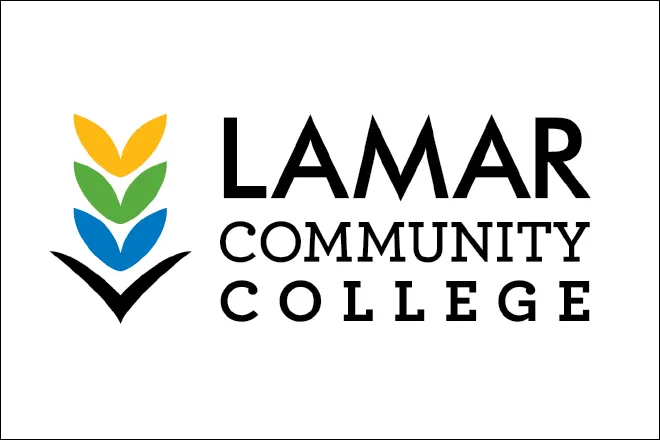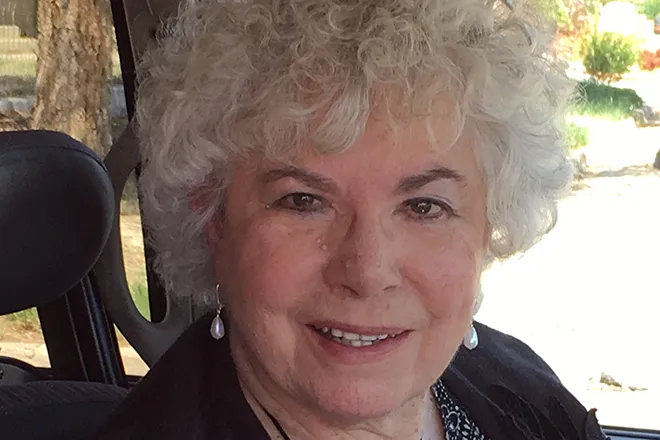
Dear Dietitian – Why are nutrition studies so confusing?
Dear Dietitian,
Why are nutrition studies so confusing? One day we hear a certain food is good for us; then the next thing we know, the same thing may cause cancer. It’s very frustrating! --George D.
Dear George,
Good question. I am always skeptical when I read a new nutrition study. Take fish oil supplements, for example, which contain omega-3-fatty acids. At first, studies showed that omega-3s did everything from preventing cancer to heart disease. After further research, a special board appointed by the American Heart Association recommended NOT to take fish oil supplements if you have no prior history of heart disease or stroke because there isn’t sufficient evidence that they will help prevent these events.
These are just three substantial contributors to the confusion:
- Nutrition science is in its infancy. There is still a lot we don’t know, especially about nutrition and disease prevention. Scientific studies have certain parameters that must be followed in order to be accepted as good research. These studies must be repeated in different areas of the world to see if the same results are reproduced. If the results can be duplicated, then we may be on to something. These studies take time.
- Nutrition is a good story. The media reports on a nutrition study as soon as possible to be the first one with the story. Oftentimes, these studies are misreported, misunderstood, or simply, not good science. Remember, there will never be one study that changes everything we believe about nutrition.
- Money. We live in a “buyer beware” society and many capitalize on unsound nutrition. Some charlatans claim to have a cure for diabetes when the medical community knows such a cure does not exist, at least not yet. Others say eat only vegetables, and your cancer will be cured. Nonsense.
We have all seen weight loss books. An author develops a weight loss plan that sounds convincing, then gives a fictional scientific reason to support her claim. She will probably even quote a study or two. The truth is that in order to lose weight, one must take in fewer calories than the body needs. It is also important not to reduce calories drastically so that the body can preserve muscle.
Be a wise consumer. If it sounds too good to be true, it probably is. Consult professional associations, such as the American Heart Association (AHA) or the Academy of Nutrition and Dietetics (AND). It’s free. Finally, eat a diet rich in fruits and vegetables, whole grains, and lean proteins; and as always, keep it simple.
Sincerely,
Dear Dietitian

















